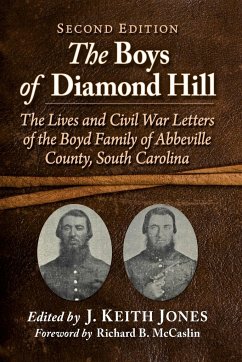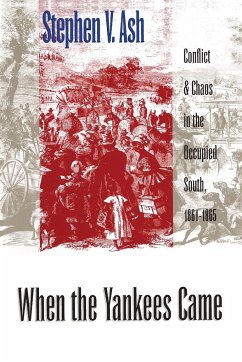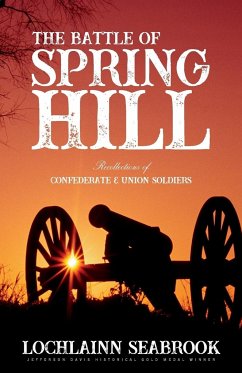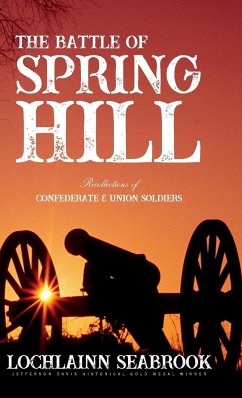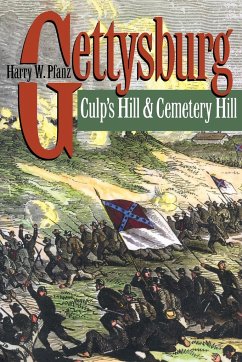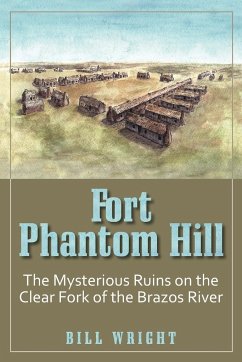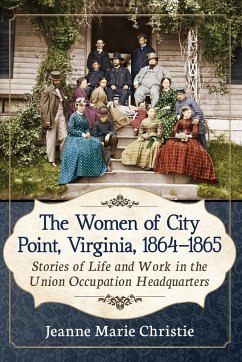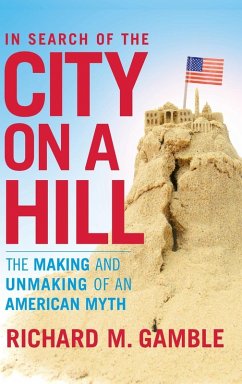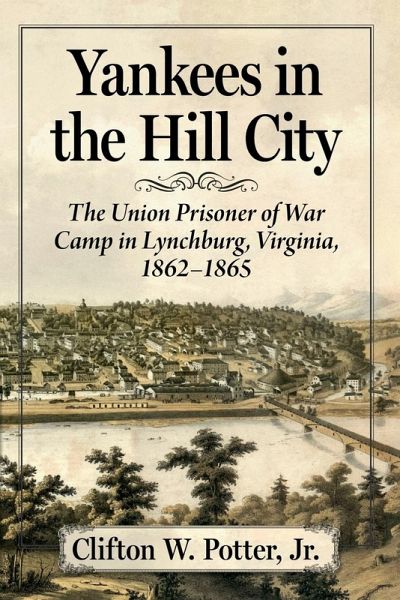
Yankees in the Hill City
The Union Prisoner of War Camp in Lynchburg, Virginia, 1862-1865
Versandkostenfrei!
Versandfertig in 1-2 Wochen
45,99 €
inkl. MwSt.

PAYBACK Punkte
23 °P sammeln!
With three railroads and a canal passing through the city, Lynchburg, Virginia, was a major hospital center during the Civil War, far from the remote battlefields. A transit camp where Union soldiers remained before being paroled or transferred to another prison opened in June 1862 at the Fair Ground, just outside the city limits. Upon arrival, the sick and wounded were assigned to one of the 32 hospitals regardless of the uniform they wore. Union POWs who died were buried in the City Cemetery by the local funeral service, which also carefully recorded their personal data. Local ministers dail...
With three railroads and a canal passing through the city, Lynchburg, Virginia, was a major hospital center during the Civil War, far from the remote battlefields. A transit camp where Union soldiers remained before being paroled or transferred to another prison opened in June 1862 at the Fair Ground, just outside the city limits. Upon arrival, the sick and wounded were assigned to one of the 32 hospitals regardless of the uniform they wore. Union POWs who died were buried in the City Cemetery by the local funeral service, which also carefully recorded their personal data. Local ministers daily performed burial services for all soldiers, regardless of their race or the color of their uniforms, and all their expenses were paid by the Confederate government. This book presents the complete history of this Union POW camp in Lynchburg: the context of its founding, its operations, and its fate after the war. Two appendices present burial records for the POWs and Lynchburg Campaign casualties.



